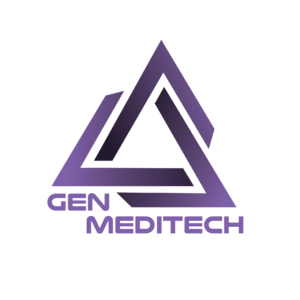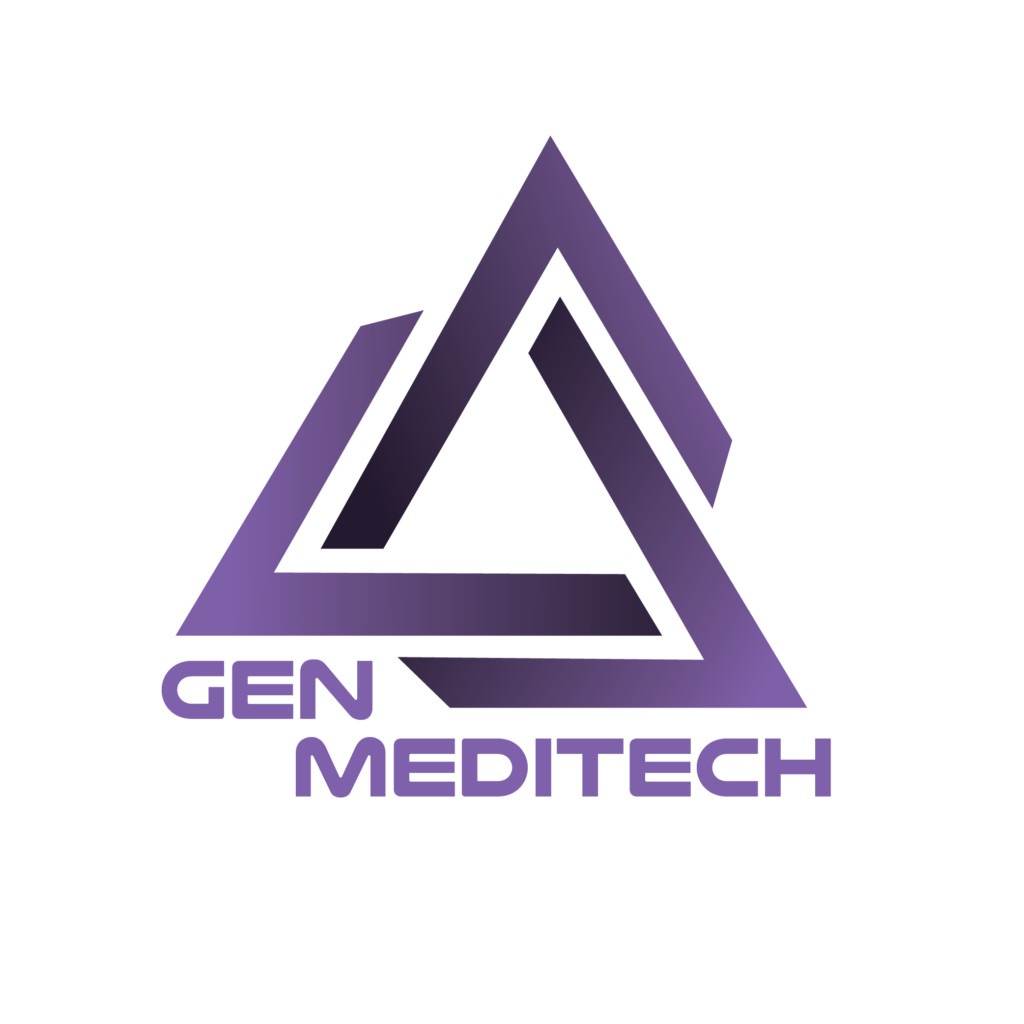In the ever-changing environment of healthcare, the Billing Process in Healthcare is critical to guaranteeing medical institutions’ financial health and the efficient delivery of patient care. Understanding the billing process is critical for both healthcare practitioners and patients, from medical treatments to insurance claims. In this lengthy post, we will go deep into the complexities of the healthcare billing process, putting light on its relevance, issues, and current trends. Let us begin this educational adventure to solve the mysteries of healthcare billing.
What is the Billing Process in Healthcare?
In healthcare, the billing process refers to the systematic process of generating and submitting medical bills for services delivered to patients. It includes several processes, such as capturing patient information, coding medical services, producing invoices, and filing insurance claims. This procedure is critical for healthcare facilities to get payment for their services, allowing them to continue delivering high-quality care.
Efficient healthcare billing ensures that medical facilities have a steady cash flow. It allows for accurate and timely compensation, which supports business operations and improves patient care. Without proper billing, medical facilities may struggle to fund operational expenditures, resulting in subpar patient care.
Challenges in Healthcare Billing
Healthcare billing is not without its difficulties. The complexities of medical procedures, insurance policies, and coding systems can result in billing problems and delays. Furthermore, understanding the requirements imposed by insurance companies and government authorities can be difficult. These difficulties underline the importance of simplified billing systems and well qualified billing specialists.
Modern Trends in Healthcare Billing
Healthcare billing is undergoing upheaval as technology continues to reshape industries. EHRs and advanced billing tools have transformed the way medical data is managed and bills are generated. As healthcare practitioners are incentivized to focus on patient outcomes rather than the volume of services delivered, the transition to value-based care has an impact on billing.
The Steps Involved in the Billing Process
Patient Registration and Information Gathering: The process begins with collecting comprehensive patient information, including personal details, insurance coverage, and medical history.
Medical Coding: Medical procedures and services are translated into standardized codes, ensuring accurate billing and insurance claims.
Charge Entry: The coded information is used to generate charges for the services provided, forming the basis of the medical bill.
Claim Submission: Claims are submitted to insurance companies, detailing the services rendered and the associated costs.
Claim Adjudication: Insurance companies review the claims, verifying the accuracy of the information and determining the reimbursement amount.
Payment Posting: Once the claim is approved, payments are posted, and any discrepancies are resolved.
Patient Billing: Patients receive bills detailing the remaining balance after insurance coverage. Clear and transparent communication is essential at this stage.
Follow-Up and Collections: Any unpaid balances are followed up, and collection efforts are initiated if necessary.
Emerging Technologies Impacting Healthcare Billing
- Artificial Intelligence (AI): AI-powered tools can analyze large datasets to identify patterns, reduce errors, and predict reimbursement outcomes.
2. Blockchain: Blockchain technology enhances security and transparency in billing by creating an immutable record of transactions.
3. Telehealth and Remote Billing: The rise of telehealth services has led to the development of remote billing solutions, enabling efficient billing for virtual consultations.
Q: How long does the billing process usually take?
The length of the billing process might vary depending on factors such as the intricacy of the medical services, the response time of the insurance company, and the effectiveness of the billing system. In general, it can take anywhere from a few weeks to many months.
Q: Can errors in medical coding affect the billing process?
Yes, medical coding errors can result in inaccurate billing and claim denials. Accurate coding is essential for ensuring proper reimbursement and avoiding delays.
Q: What is value-based care, and how does it impact billing?
Value-based care is a healthcare approach that focuses on providing patients with high-quality outcomes. It has an impact on invoicing by motivating clinicians to prioritise patient health and well-being over treatment volume, changing reimbursement arrangements.

